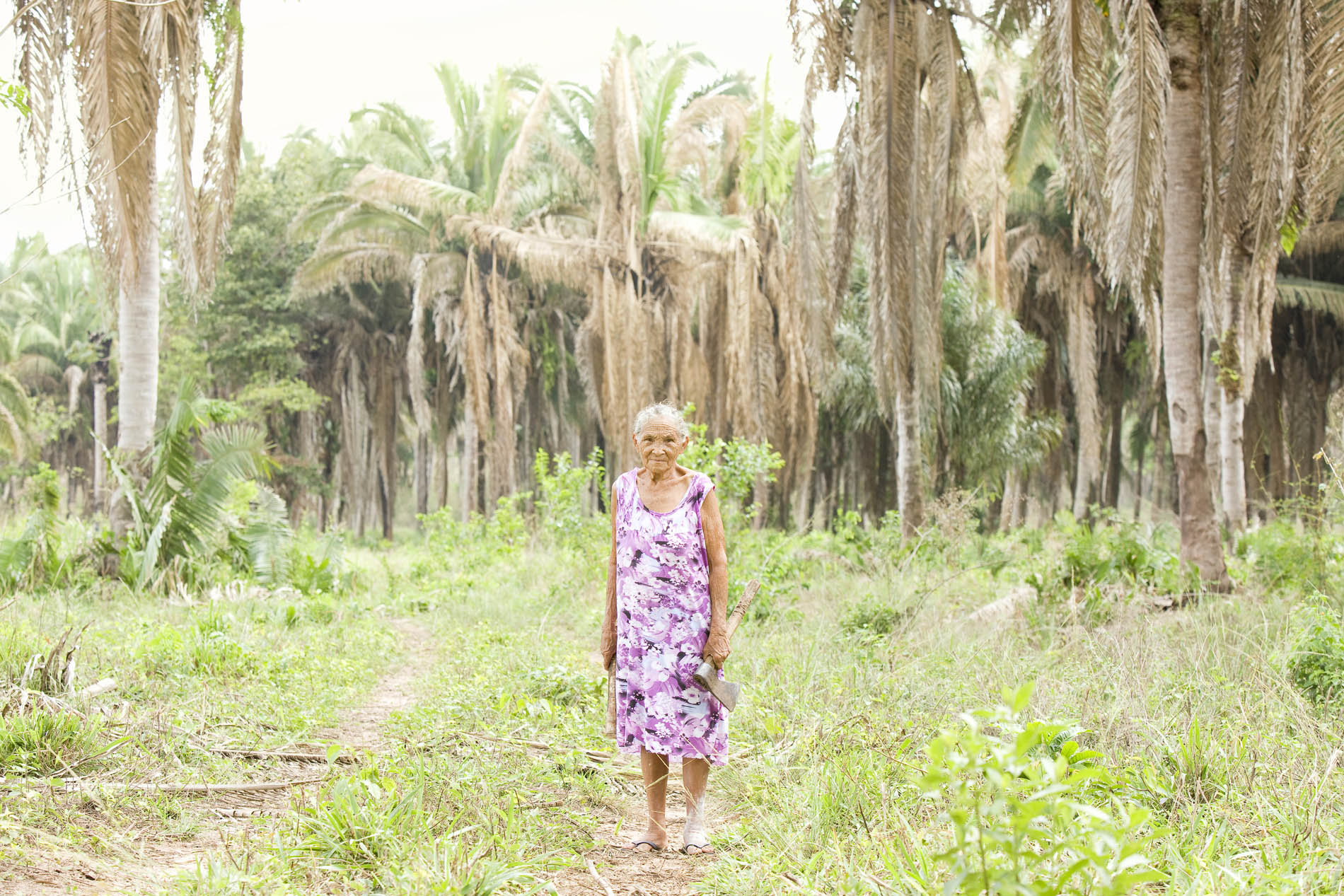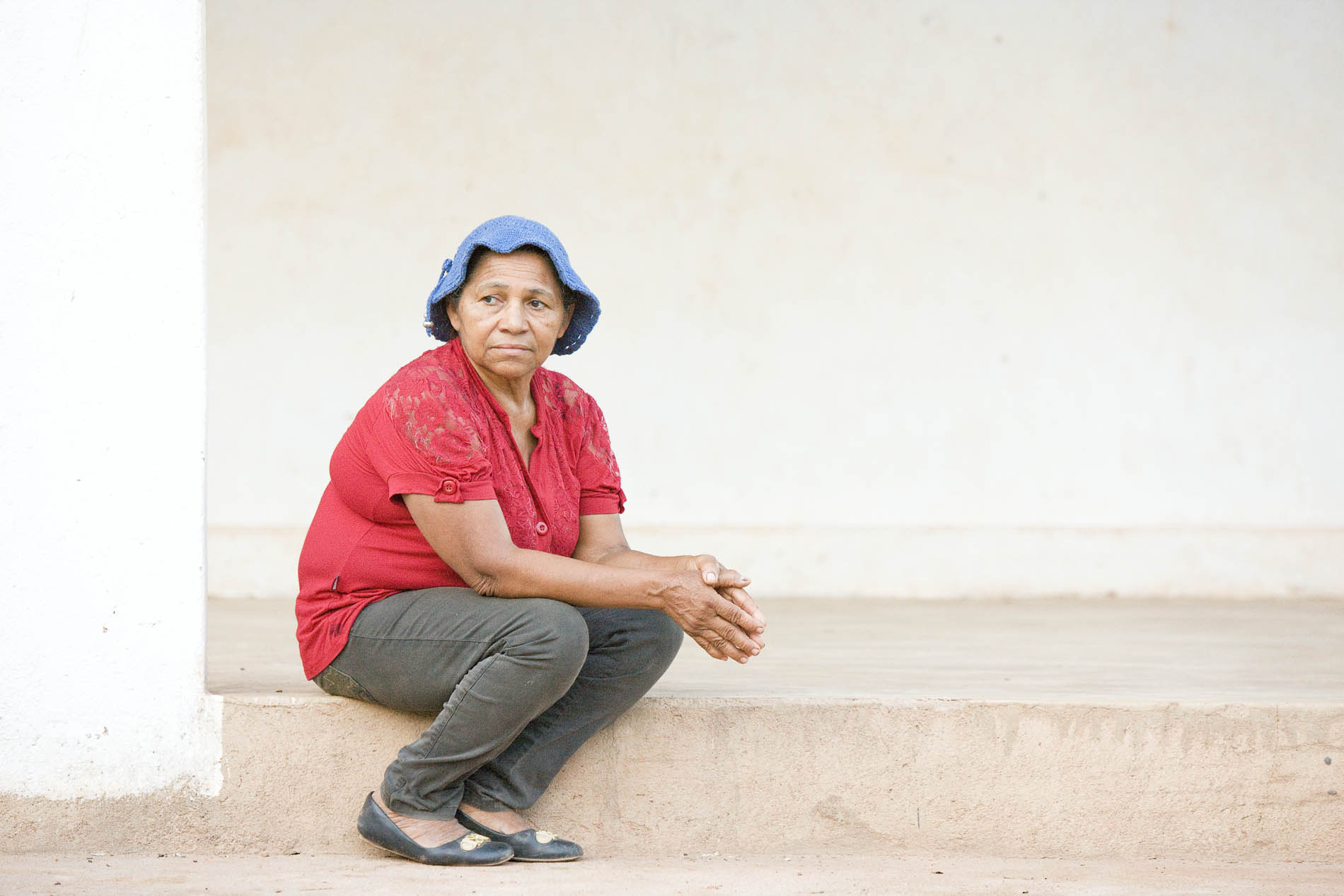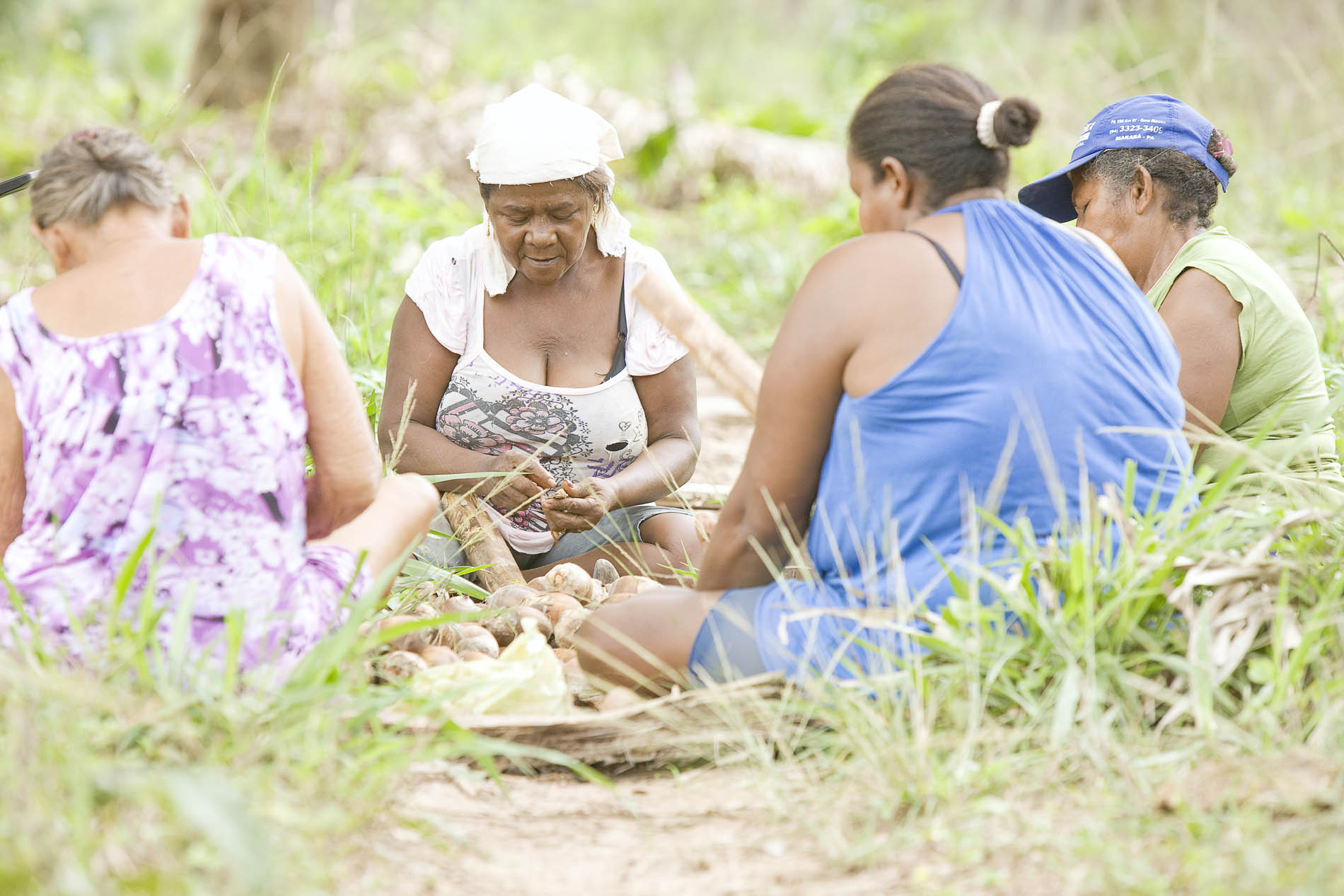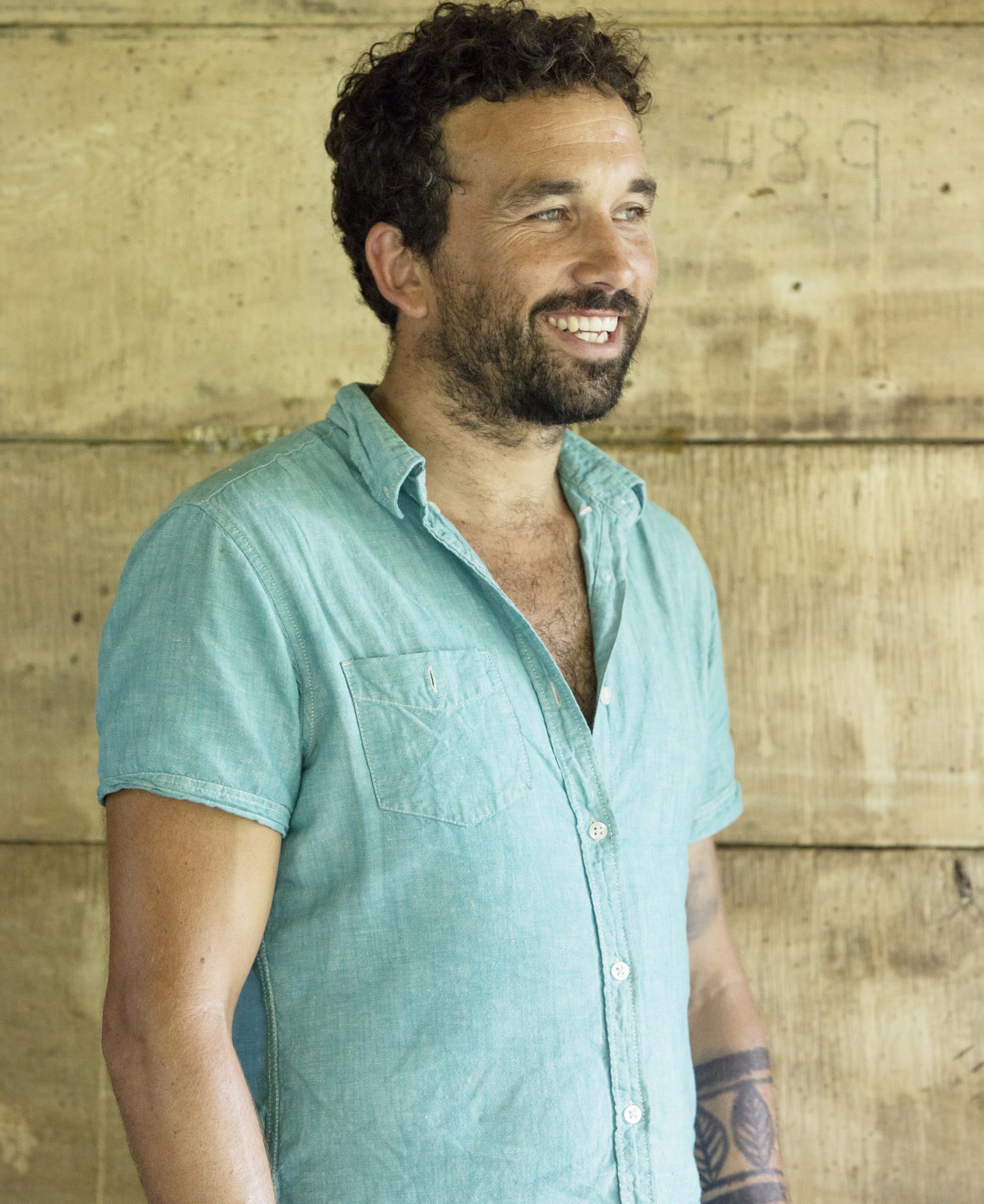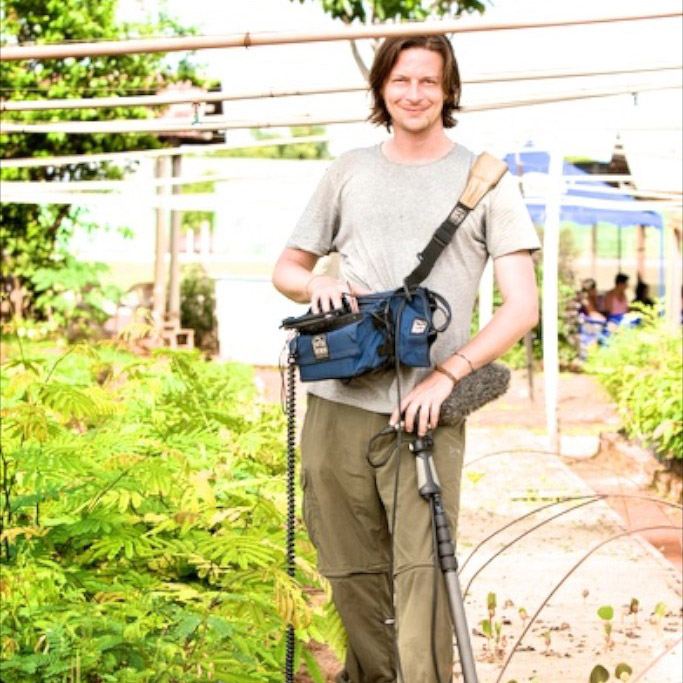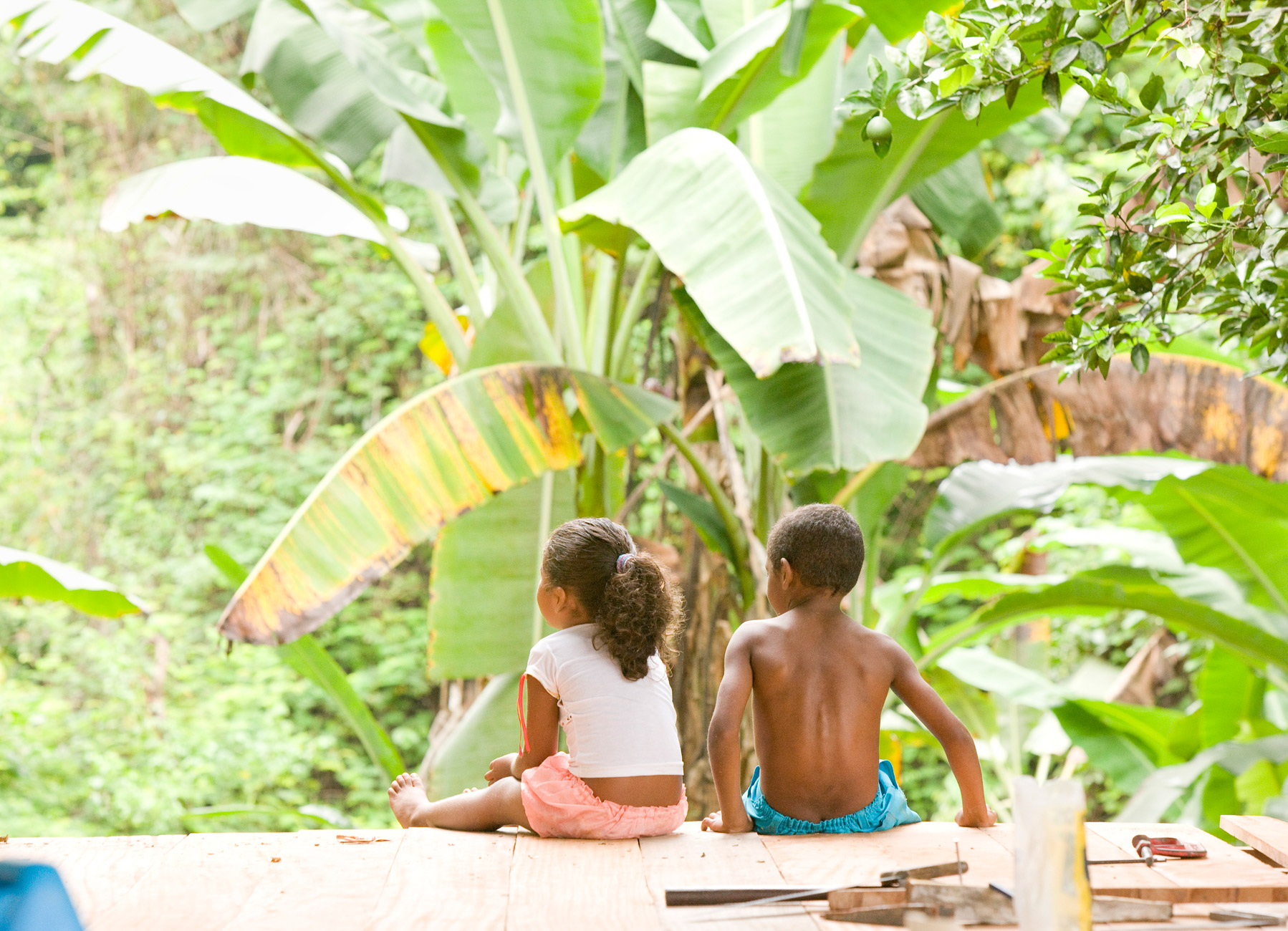The humble babassu palm provides a livelihood for communities of women across North Eastern Brazil. Bread, charcoal, oil and soap are produced from the nut and husk; the surplus is sold on. But production has not always been so peaceful. Babassu: Brazil’s Warrior Women tells the story of the hard battle to maintain these communities’ way of life. In the face of intimidation and threats from farmers for years, Babassu women have negotiated their own terms; creating a grassroots movement and establishing the ‘Free Babassu Law’ in seven states. The law gives landless coconut gatherers rights to collect from palm groves. These inspiring women are now able to plan for the long-term, diversifying their business and securing their future. They fight for their families, their forests and the Amazon as a whole.
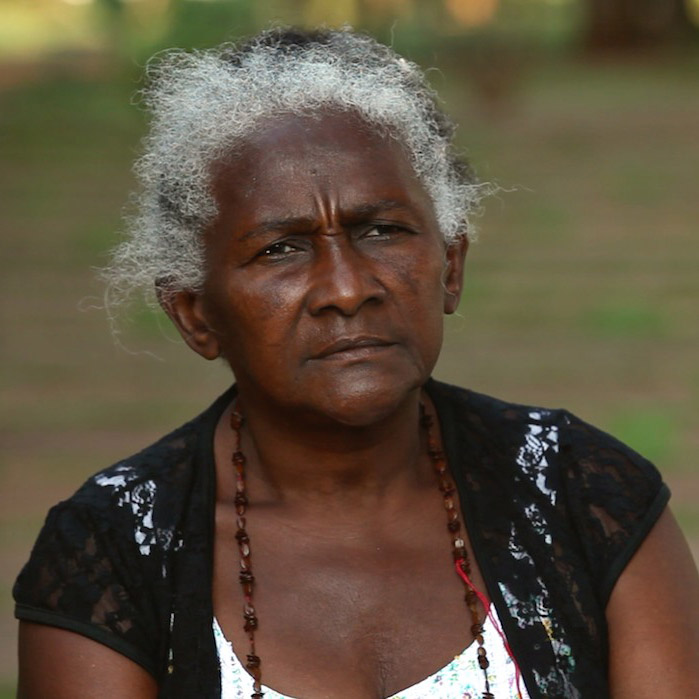
Maria de Jesus Ferreira Bringelo, ‘Dona Tije’, babassu woman, MIQCB member, Maranhao State, Brazil
